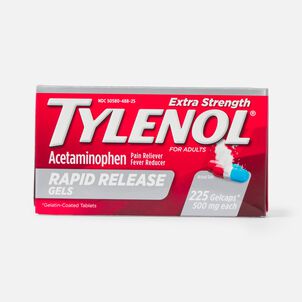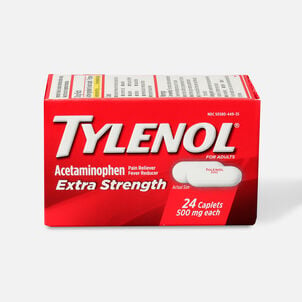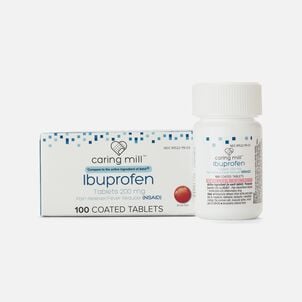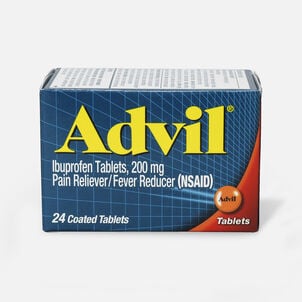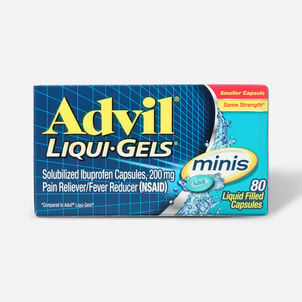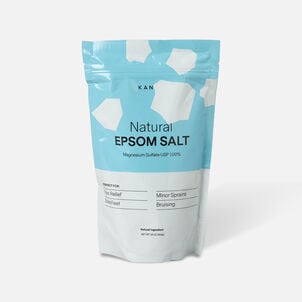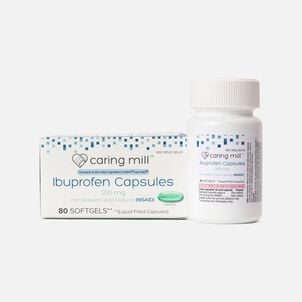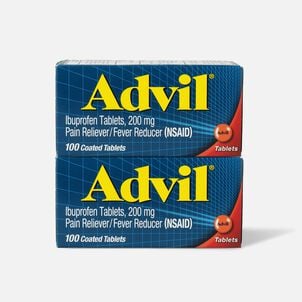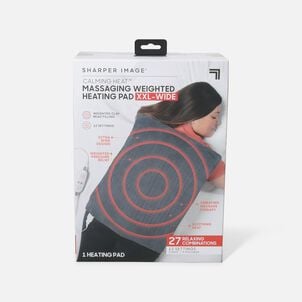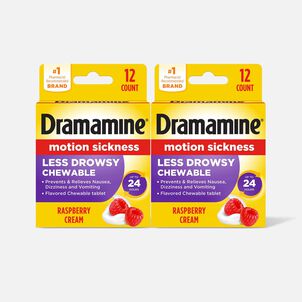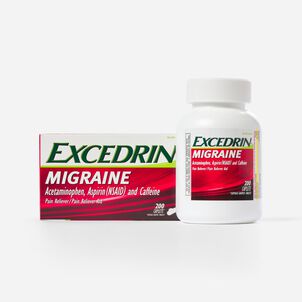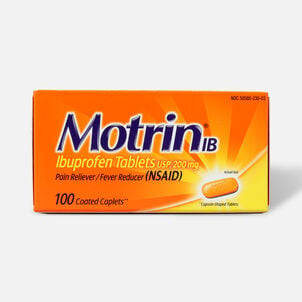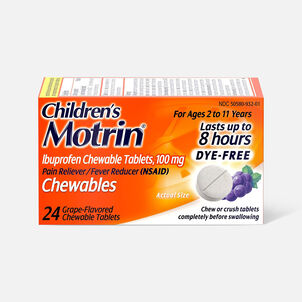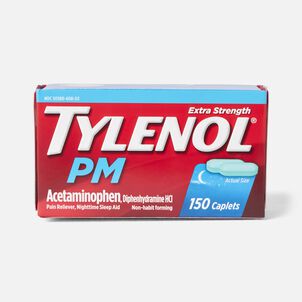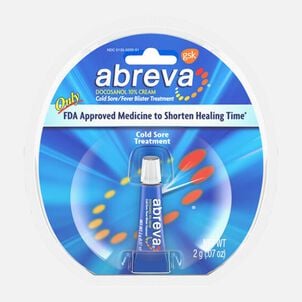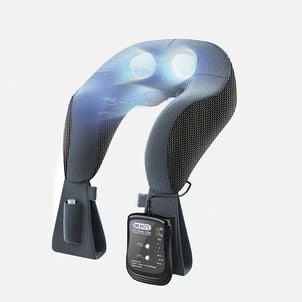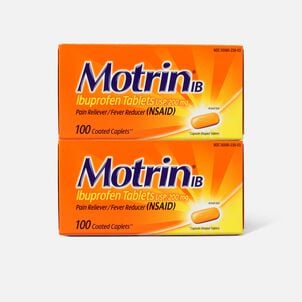The Complete HSA Eligibility List
Here it is — the most-comprehensive eligibility list available on the web. From A to Z, items and services deemed eligible for tax-free spending with your Flexible Spending Account (FSA), Health Savings Account (HSA), Health Reimbursement Arrangement (HRA) and more will be here, complete with details and requirements. Important Reminder: HSAs, FSAs, HRAs and other account types listed may not all be the same. Be sure to check with your administrator to confirm if something is eligible before making a purchase.
Here it is — the most-comprehensive eligibility list available on the web. From A to Z, items and services deemed eligible for tax-free spending with your Flexible Spending Account (FSA), Health Savings Account (HSA), Health Reimbursement Arrangement (HRA) and more will be here, complete with details and requirements. Important Reminder: FSAs, HRAs and other account types listed may not all be the same. Be sure to check with your administrator to confirm if something is eligible before making a purchase.
Migraine Relief (Medicated): HSA Eligibility
Migraine Relief (Medicated): eligible with a Health Savings Account (HSA)HSA Eligible Pain Relief
What is a migraine?
Migraines are a type of severe headache that causes throbbing, pulsing pain in multiple locations of the head. Unlike common headaches, migraines can often be accompanied with nausea, sensitivity to light and sound and even vomiting in severe cases. For many migraine sufferers, the onset of a migraine is brought on by an “aura,” which typically includes tingling feelings in the extremities, difficulty speaking and visual impairment issues (Mayo Clinic).
What are the causes of migraines?
Migraines are still an active area of study in the medical community, and they are not attributed to any one direct cause. However, many patients have identified a variety of migraine “triggers” that can increase their likelihood of a migraine occurring. These can include certain foods, alcoholic beverages, weather changes, a change in sleep patterns, stress, hormonal changes and more.
What are the best forms of migraine relief?
There is no magic cure for migraines, as migraine relief is typically about managing pain and alleviating some of the symptoms associated with these conditions instead. These fall under two major categories:
-
Pain Relief Medications: A wide variety of prescription medications are now available that are designed to be taken during migraine attacks to alleviate symptoms, such as nasal sprays and triptans. Over-the-counter pain relievers such as ibuprofen and acetaminophen are also recommended, as are combination over-the-counter migraine treatments that combine caffeine, aspirin and acetaminophen.
-
Preventive Medications: Individuals who have severe, recurring migraine issues may also take a regimen of preventive medications. These are designed to lessen the frequency and severity of migraines, and usually taken daily. Some examples of these medications are blood pressure medications, antidepressants, anti-seizure medications and more (Mayo Clinic).
 |
| 

